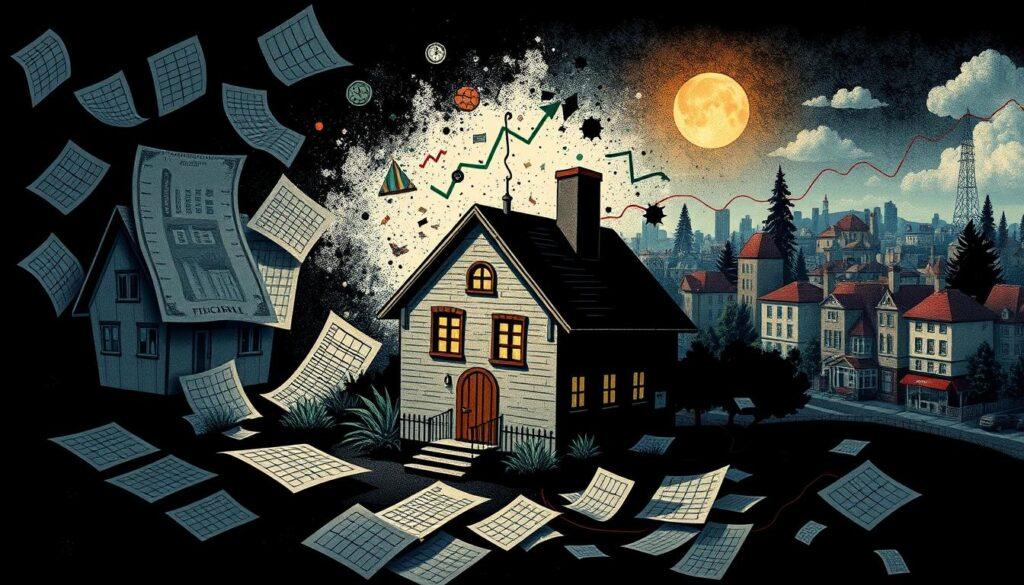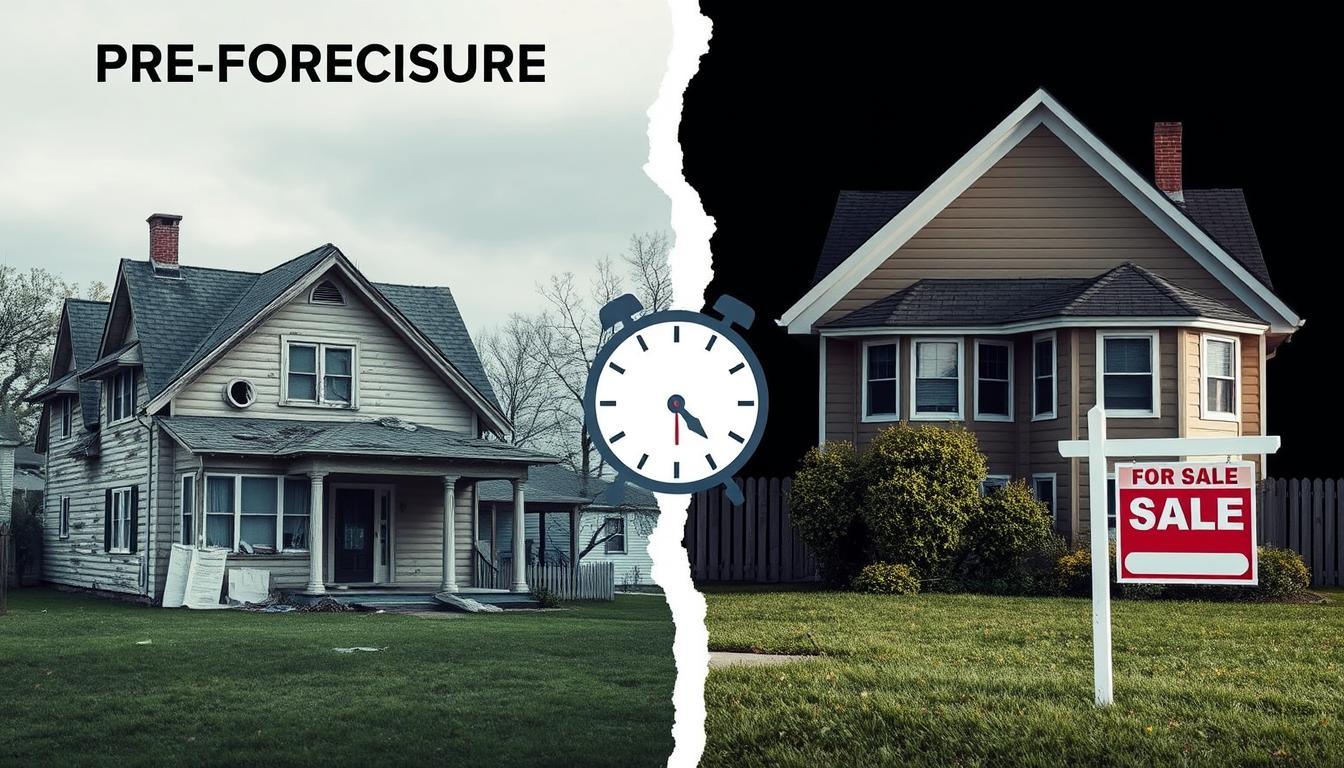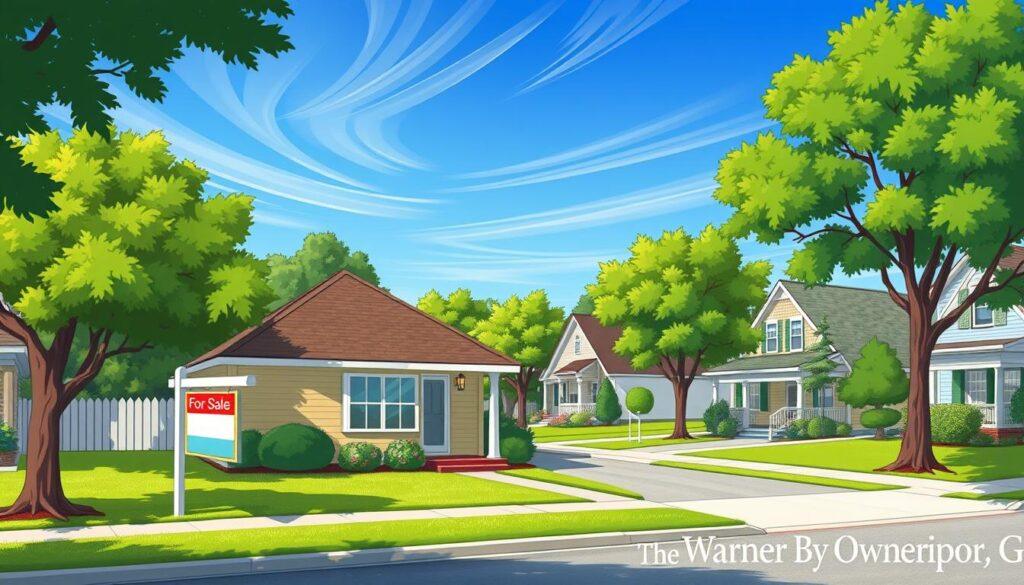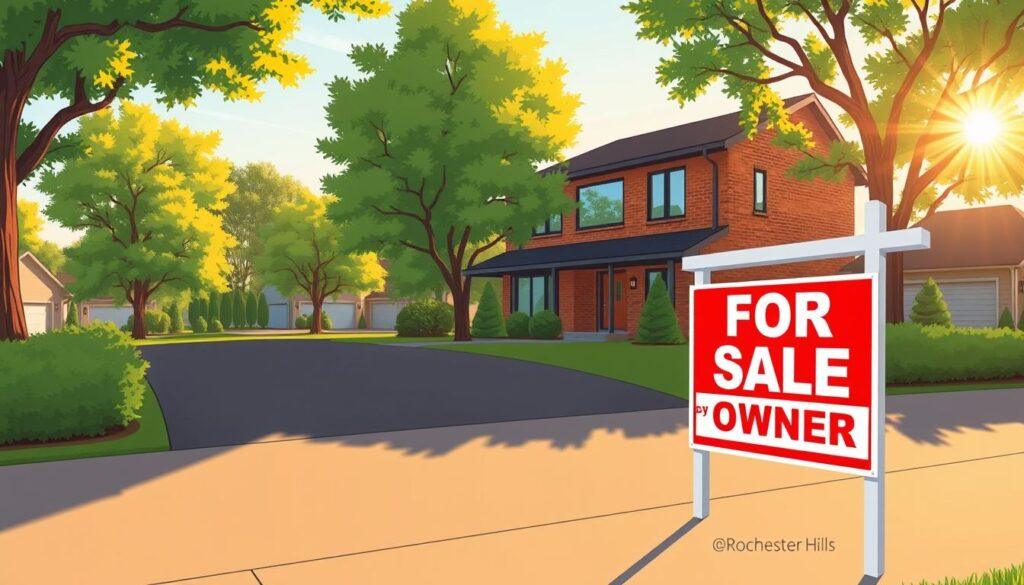Ever wondered how pre foreclosure and short sale differ when you’re in a tough financial spot? Knowing these differences is key for homeowners and real estate investors. Both can help avoid foreclosure, but they have different paths and outcomes.
Exploring pre foreclosure vs short sale is vital in today’s real estate world. This article will guide you through each option. It will help you choose the best path for your situation.
Key Takeaways
- Pre foreclosure happens after missing mortgage payments, offering ways to avoid full foreclosure.
- Short sales can take up to a year due to lots of paperwork, but they’re less hard on your credit.
- Foreclosures can really hurt your credit score and take years to recover from.
- Keeping the property in good shape during a short sale can lead to better conditions than foreclosures.
- Foreclosures are usually faster than short sales because they’re sold as-is.
Understanding the Concepts of Pre Foreclosure and Short Sale
Homeowners facing financial trouble often get confused between pre foreclosure and short sale. Both offer ways to avoid losing a home, but they work differently. Knowing about these options can help homeowners make better choices for their homes and finances.
What is Pre Foreclosure?
Pre foreclosure happens when a homeowner misses mortgage payments and the lender sends a default notice. This means the homeowner is close to losing the property. They can try to catch up on payments, sell the house as a short sale, or face foreclosure if they do nothing.
Homes in pre foreclosure are often priced lower than market value. This attracts buyers looking for deals. These homes are usually in good shape and might need only minor fixes. However, the pre foreclosure process can take a long time, from months to years, depending on the state and lender.
What is a Short Sale?
A short sale happens when a homeowner sells their house for less than what they owe on the mortgage. This requires the lender’s okay, making it a more complicated choice. To do a short sale, the homeowner must show they can’t afford the house, list it, and wait for offers.
Short sales can help homeowners avoid big losses by possibly getting the lender to forgive the debt. Buyers might face long waits and possible renovation costs. Yet, short sale homes often sell for less, have less competition, and offer good investment chances.
Homeowners thinking about a short sale should know they might have to keep making mortgage payments. Closing costs can also be different from regular sales. Both pre foreclosure and short sale have their own challenges, especially when it comes to credit and legal issues.
For more information, check out pre foreclosure vs short sale.
Pre Foreclosure vs Short Sale: Key Differences
Knowing the differences between pre foreclosure and short sale is key for homeowners facing financial hard times. Each path has its own steps, how you deal with lenders, and time frames. Understanding these differences helps guide you through tough times.
Involvement of the Lender
The main difference is how lenders are involved. In a short sale, the lender must agree to sell the house for less than what’s owed. This can take a lot of negotiation and time. On the other hand, pre foreclosure lets homeowners sell without the lender’s immediate say, after getting a default notice but before a foreclosure notice.
This gives homeowners a chance to act before things get worse.
Timing and Process
Timing is another big difference. Pre foreclosure is usually quicker. Homeowners can list their homes and find buyers before they’re officially in foreclosure. But, short sales are longer and more complicated. They can take up to a year because of all the paperwork and people involved.
This long wait might scare off buyers, who might prefer foreclosed homes that sell for less.
| Aspect | Pre Foreclosure | Short Sale |
|---|---|---|
| Lender Involvement | No immediate lender intervention | Lender must approve the sale |
| Process Duration | Generally faster | Can take up to a year |
| Market Value | Potentially closer to market value | Sells at an average of 21% below market value |
| Home Inspection | Typically available | May be sold “as-is” |
| Seller Control | More control over the sale | Less control due to lender negotiation |
Benefits and Drawbacks of Each Option
When deciding between pre foreclosure and short sales, you face different pros and cons. Each choice has its own set of benefits and challenges. These affect both sellers and buyers in the market for distressed properties.
Advantages of Pre Foreclosure
Pre foreclosure offers a quick way out for homeowners. It lets them sell their house before the bank steps in. Sellers get more control over the sale.
- They can set their own price, hoping to catch better market conditions.
- They can keep the property until it sells, avoiding sudden changes.
- They can talk directly to buyers, making negotiations easier.
Advantages of Short Sales
Short sales attract investors and buyers looking for deals. The benefits include:
- Lower prices compared to regular listings, making them attractive for investors.
- Lenders might cover closing costs, easing the seller’s financial load.
- Buyers can inspect the property before buying, giving them peace of mind.
Disadvantages
Both pre foreclosures and short sales have downsides. Sellers in pre foreclosure might face:
- A short time frame to sell, adding pressure.
- Risk of market changes affecting the property’s value.
Short sales have their own issues:
- Long negotiations can delay the sale, as lenders take time to approve.
- Properties might need repairs, but sellers can’t always keep up.
- Lenders might reject offers, adding uncertainty.

The Foreclosure Process and its Implications
Knowing how foreclosure works is key for homeowners in trouble. It starts when someone misses mortgage payments for three to six months. The lender then tries to take back the property through auctions, following local laws. This process has big effects.
What Happens During Foreclosure?
When foreclosure starts, the lender might ask for a court judgment to sell the house. Homeowners get a notice of default, warning them of trouble. If they can’t pay, the lender auctions the house to the highest bidder. This can mean losing the home.
Choosing between pre foreclosure and short sale can soften the blow. These options can help avoid the worst of foreclosure.
Consequences of Foreclosure on Credit
Foreclosure does more than just take a home; it hurts credit scores. It can stay on your report for up to seven years, making it hard to get new loans. But, dealing with problems through pre foreclosure or short sale can help. It can reduce credit damage and speed up getting back on track.

| Aspect | Foreclosure | Short Sale |
|---|---|---|
| Timing | Can take several months to years | Typically 3-6 months |
| Impact on Credit | Stays for 7 years | Less severe impact |
| Price Negotiation | No negotiation; sold at auction | Negotiable with lender |
| Property Condition | Often sold “as is” and may require repairs | Usually better maintained |
| Buyer Payment | Cash payment required at auction | Can involve financing options |
Conclusion
When facing financial troubles, homeowners need to know their options. Pre foreclosure and short sale are two paths to avoid foreclosure. They differ in timing, control, and financial effects.
Pre-foreclosure lets sellers set prices, while short sales are quicker. Homeowners should weigh their situation’s urgency and credit score risks. Getting advice from real estate experts is key.
They can explore loan modifications or deals with cash buyers. This helps in making smart choices. Both paths have challenges but also chances to regain control over finances.
With the right help, selling before foreclosure or through a short sale can be beneficial. It sets the stage for financial recovery after tough times.






